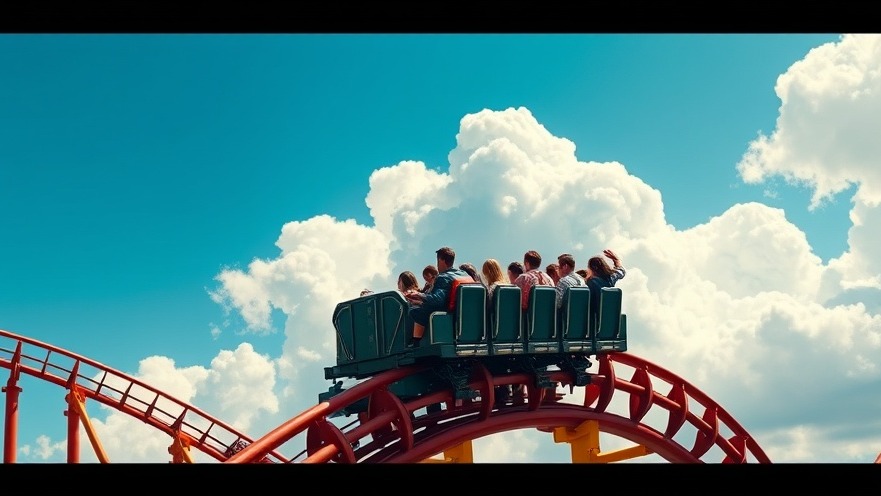
Universal Orlando's Tragic Incident: A Closer Look
The recent death of Kevin Rodriguez Zavala, a 32-year-old man who died after riding the Stardust Racers at Universal Orlando's Epic Universe, has sparked significant public interest and concern regarding amusement park safety. Zavala, who had a spinal disability and used a wheelchair, became unresponsive during the ride's descent, leading to his untimely death. His family believes the cause of death was blunt force trauma, specifically from his head potentially hitting the restraining apparatus of the ride.
Understanding the Moments Leading Up to the Incident
Lawyers representing Zavala's family assert that he suffered from repeated head strikes throughout the ride based on eyewitness accounts. They emphasize that his disability did not contribute to his death—a point that family attorney Natalie Jackson reiterated, stating, "His disability did not kill him. It was the blunt force trauma." This perspective is crucial in understanding the case as they push Universal Orlando for accountability amidst their statements of the ride operating normally.
The Investigative Spotlight: Roller Coaster Safety Norms
The Florida Department of Agriculture and Consumer Services has initiated an investigation into the accident. With observations aligning with Universal's findings that the ride functioned correctly, questions arise about the safety protocols in place for all riders, especially those with disabilities. With growing scrutiny over amusement park safety, this incident may prompt a reform in standards, ensuring these attractions are accessible but also safe for everyone, regardless of physical ability.
Legal Implications: What Lies Ahead
The aftermath of the incident will likely lead to an intricate legal battle regarding liability and safety measures. High-profile attorney Ben Crump, known for advocating civil rights, represents the family and is making it clear that it will not be an easy process for Universal Orlando. Crump criticized the theme park's immediate dismissal of potential safety issues, asserting, "Just because [the ride] didn't malfunction does not lead us to believe that there were not safety issues."
Future of Safety in Theme Parks: Towards Change?
The incident raises an essential discussion about the need for stricter regulations and oversight of amusement park rides, particularly new attractions such as the recently opened Epic Universe. As customers demand safer experiences, it is possible that this unfortunate event could catalyze much-needed reforms across the amusement park industry. Advocating for more rigorous testing and a reassessment of ride designs, particularly for accessibility, could emerge as critical focal points in the discussions to follow.
Repercussions Beyond the Park: Community Response
The impact of Zavala’s death extends far beyond the gates of Universal Orlando. Members of the disability community are voicing their concerns about safety and access while enjoying recreational activities. How theme parks manage this demographic will undoubtedly influence their reputation and patronage in the future. There is a critical need for improved dialogue between park administrators, safety experts, and the communities they serve.
Final Thoughts: A Moment for Reflection
This incident serves as a stark reminder of our responsibility to ensure the safety of recreational experiences for all individuals. It encourages society to reflect on the mechanisms in place to support those with disabilities, advocating for changes that prioritize their safety without compromising enjoyment at amusement parks. As investigations continue, the call for transparent communication from companies like Universal Orlando will be pivotal in restoring public confidence and pushing forward necessary reforms.
As communities process this tragic event, it can also inspire local entertainment venues to intensify their safety measures, not merely for the disabled but for all patrons, ensuring that amusement parks remain fun and safe environments for everyone.
 Add Element
Add Element  Add Row
Add Row 



Write A Comment